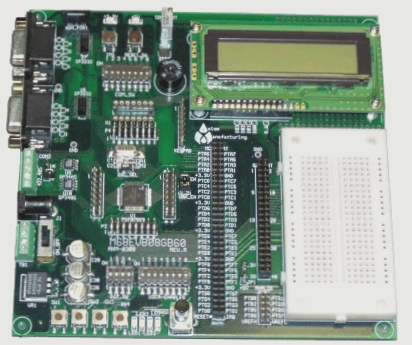The Importance of Heat Dissipation in PCB Design
Efficient heat dissipation is crucial for PCB boards to prevent component burnout, reduce energy consumption, and prolong their lifespan. When designing a PCB, technicians must consider factors such as heat transfer from components.
Strategies for Effective Heat Dissipation
After extensive research, it is recommended to enhance the heat dissipation capacity of the PCB board in direct contact with heating components and distribute heat throughout the board.
- Place the thermal sensor in the coolest area.
- Position the temperature detector at the hottest spot on the PCB board.
- Organize components based on their heat generation and dissipation levels.
- Optimize component placement for efficient heat transfer paths.
- Consider airflow paths and component configurations to maximize heat dissipation.
- Protect temperature-sensitive devices and optimize heat dissipation for high-power components.
Importance of Conformal Coating
Conformal coating is essential for PCB boards, especially in harsh environments, to protect against corrosion, moisture, and dust, ensuring product reliability and longevity.
- Implement protective measures like conformal coating shielding and electrostatic elimination.
- Utilize shielding techniques to prevent coating on unnecessary parts of the PCB board.
- Optimize conformal coating application with specialized tools for improved efficiency and quality.
- Measure and maintain appropriate conformal coating thickness for optimal protection.

Protecting PCB Boards with Conformal Coating
Conformal coating, a thin film just a few microns thick, is crucial for isolating circuit boards from the environment and safeguarding them against chemicals, water, and other contaminants. However, the protective efficacy of the coating can be compromised by its non-uniformity, potentially causing failures, particularly in challenging conditions. To guarantee the smooth functioning of electronic devices in harsh environments, technicians must implement essential protective strategies. The techniques outlined above are vital and widely adopted for safeguarding PCB board layers.



